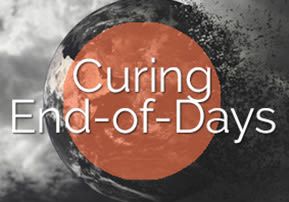
Curing End-of-Days Blues
For those of us in a very vulnerable twenty-first century, Reb Yitzchak’s story serves as a powerful reminder that the darkest hour comes before the dawn…

The true story of Reb Yitzchak Gelbach may sound like a very twentieth-century one, complete with Soviet-era secret police and unrelenting Jew hatred. But it’s also a crucial message for our own chaotic times that can actually help us deal with the very worst.
The very worst?
As we’re now progressing deeper into the time the prophets called “End of Days” and the Talmudic sages called the “Birthpangs of Mashiach”, just about anything can happen at just about any time. Today’s headlines warn of a possible global economic collapse, larger-scale jihadi massacres, a nuclear world war ignited by Iran or North Korea and natural catastrophes worse than the deadly 2011 Japanese earthquake and tsunami that caused the Fukushima nuclear meltdown.
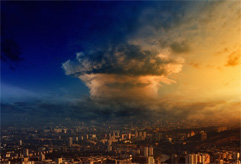 So what would our emuna really look like if times look the bleakest? How could we help internalize the key principles of emuna that everything’s from Hashem and for the absolute best if the situation looks completely hopeless?
So what would our emuna really look like if times look the bleakest? How could we help internalize the key principles of emuna that everything’s from Hashem and for the absolute best if the situation looks completely hopeless?
Here’s one tactic: Remember what happened to Reb Yitzchak Gelbach.
Reb Yitzchak’s story began when he was a young man living in Lithuania under Soviet rule. He saw how the Soviets were liquidating Judaism in Eastern Europe and wanted to do something to help preserve Jewish life. Though it was against Soviet law, he published a ten-year Jewish calendar so Jews would at least know when the Jewish holidays would occur.
One day the Soviets caught and arrested him. They said, “You like ten-year calendars. We’re sentencing you to ten years in Siberia.”
Ten years in a Siberian labor camp meant ten years away from everything he knew — his parents, his friends, his Torah books, his entire world. It meant ten years of forced hard labor in an unforgiving climate. Ten years of meager food rations and near starvation. Ten years of violent, unsanitary conditions with extremely high death rates. How could he survive? How could he observe the Torah? How could this be the reward for helping Jews in Soviet Lithuania know about the Jewish holidays?
Once in the prison camp, his workdays lasted as long as 12 to 14 hours. Reb Yitzchak managed to endure the brutality, exhaustion and constant hunger day after day, though one of his lungs was permanently damaged by the penetrating cold. He even somehow managed to observe the Torah there.
But how could that Siberian nightmare possibly be for the best?
It had saved his life.
Shortly after Reb Yitzchak was arrested and sent to Siberia, the Germans invaded Lithuania in 1941. With the German army came the German Einsatzgruppen (mobile killing units) who, with the help of local Lithuanians, slaughtered most of the Jews living in rural Lithuania. The Germans then killed most of the Jews who were forced into ghettos in the larger cities. By the time Soviet troops reoccupied Lithuania in the summer of 1944, the Germans had annihilated around 90 percent of Lithuanian Jewry.
So what looked like the worst thing possible, being sentenced to hard labor in a Siberian prison camp, turned out to be the best thing for Reb Yitzchak Gelbach.
It rescued him from being murdered in the Holocaust.
When the war ended, the Soviets freed Reb Yitzchak after serving only five years of his ten-year sentence. A Breslever chassid, the first thing he did once he left Siberia was travel to Rebbe Nachman’s grave in Uman (even though the Germans had destroyed it). In Uman, he met the daughter of the town’s only Jewish family, married her, emigrated to Israel and eventually had ten children.
For those of us in a very vulnerable twenty-first century, Reb Yitzchak’s story serves as a powerful reminder that the darkest hour comes before the dawn. With its true-life testimony that a catastrophe can really be a salvation, remembering his story, along with personal prayer, can help cure the end-of-days blues.
Because behind today’s main headlines is a voice somewhere in the background asking “what if.” What if Islamist terrorist attacks get even worse? What if an economic collapse really causes the banks to fail as they did during the Great Depression? What if, in a raging anti-Semitic climate, Jews are once again the scapegoats for the world’s problems? What if Jews in the U.S. are viewed as enemies and are really forced into internment camps much like Japanese Americans were during World War Two?
No matter what may happen, no matter what situation we may find ourselves in, just recalling Reb Yitzchak’s story could help reinforce our emuna that even the worst circumstances can somehow really be for the best even though we can’t yet see it ourselves


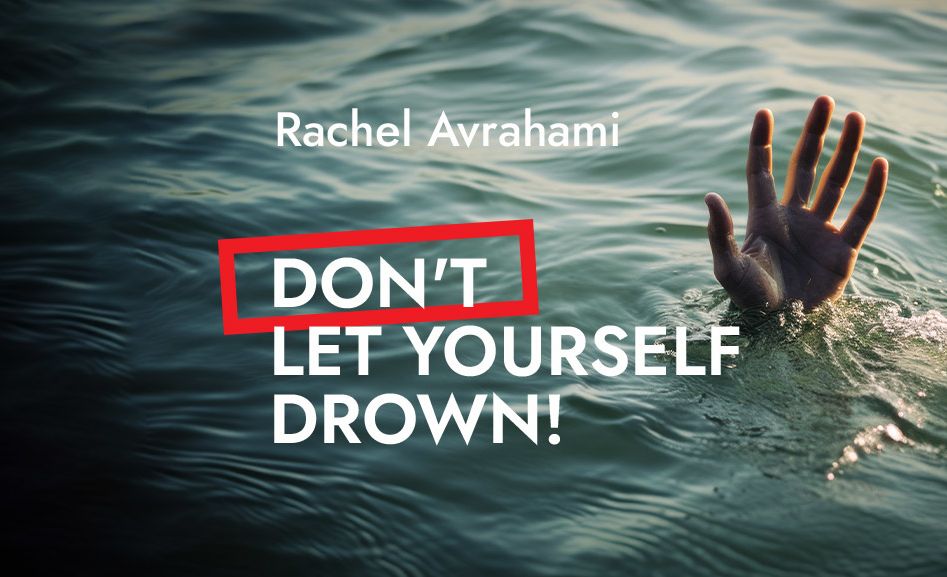
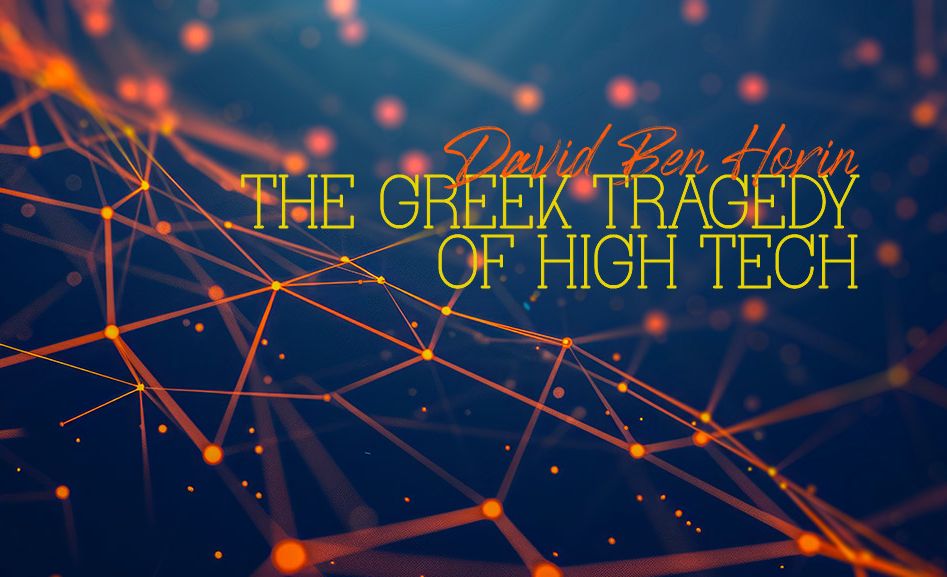
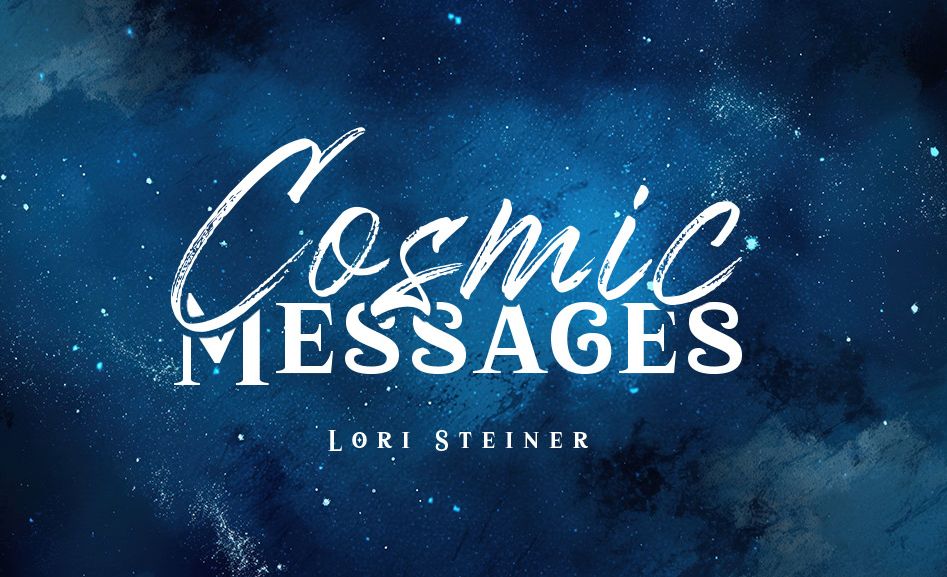


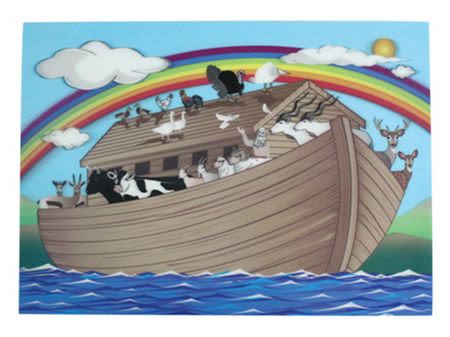




Tell us what you think!
Thank you for your comment!
It will be published after approval by the Editor.